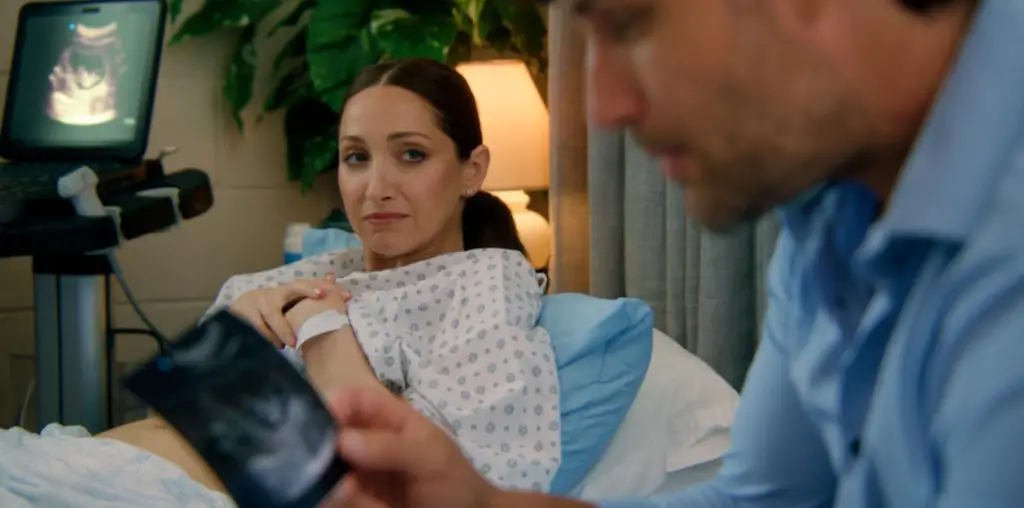
Forewarned is forearmed: an insert in this DVD promises a 5-disc “Watchmen: Ultimate Collector’s Edition” coming out this holiday season, so the die-hards may want to skip this version. Then again, the rest of you might feel that this edition is good enough, if you think the movie was adequate.
Personally, I thoroughly enjoyed the theatrical version of “Watchmen.” The last time I felt such joy at seeing a treasured literary work come to the big screen was during a screening of “The Lord of the Rings: The Fellowship of the Ring.” However, like “Fellowship,” the film version of “Watchmen” is not without its faults.
The biggest misstep is Adrian Veidt’s characterization. In the graphic novel, he is a square-jawed man’s man who could kick your a*s while explaining the Pythagorean theorem. Afterward, he’d cool down with an uneven bars workout, bathe while listening to Beethoven, and then spend the afternoon negotiating the ruthless takeover and dismantling of one of his corporate competitors.
In the movie, however, he’s a wimpy, weak-chinned guy who wears a muscle suit and seems like he accidentally fell into a wealthy lifestyle. In addition, the film disposes of a final conversation between Dr. Manhattan and Veidt in which the former ominously warns: “Nothing ever ends.” Some of Dr. Manhattan’s dialogue is used elsewhere in the film’s denouement, but I always loved the way that conversation set up the very last scene in the comic. By the way, that final scene is present in the film, but its tone is off – I’m not sure why director Zack Snyder and screenwriters David Hayter and Alex Tse felt that the editor of “The New Frontiersman” had to have his personality emasculated, particularly concerning the story’s political overtones.
Other issues: the exaggerated makeup used on Nixon, along with the character’s over-the-top personality (I realize Nixon is an easy target for caricature, but “Watchmen” calls for a more subdued look and performance); an unintentionally funny sex scene; and some mediocre acting by the two female leads. On the subject of acting, I should point out that the rest of the performances are solid, particularly Jackie Earle Haley as Rorschach, who was thankfully not diluted. I’m also very happy that the story’s shades-of-gray conclusion was preserved, despite the fact that it’s not a typical comic book ending.
The director’s cut included in this release does nothing to improve the film, except for a minor character’s death that many, myself included, thought was an oversight in the theatrical version. Unfortunately, that scene is set up by a brief moment full of clunky writing and even worse acting. The rest of the additional footage ranges from little bits of dialogue to new scenes, some of which fans of the comic will appreciate. None of it, though, really adds much to the overall story.
There’s no way to see the theatrical version via seamless branching, which I assume was either extremely difficult or impossible to implement, given the way some of the added dialogue overlaps existing footage. The included digital copy contains the theatrical version, though, so you can always see it on your computer or portable device.
Disc two offers the 30-minute featurette “The Phenomenon: The Comic That Changed Comics,” along with the 11 behind-the-scenes video journals that are also available online. In addition, there’s a music video for My Chemical Romance’s song “Desolation Row,” which plays over the movie’s closing credits.
Unfortunately, that’s it for this release: no commentary track or more in-depth making-of materials, although the Blu-ray edition has more stuff, which is evidence of a continuing home video trend. That upcoming five-disc set promises to feature a new version of the director’s cut with the already-released “Tales of the Black Freighter” woven into it; I’m skeptical the film will be improved much by that decision. “Under the Hood,” which is also on the “Tales of the Black Freighter” DVD, will be included too, as will the entire “Watchmen” motion comics and a commentary track by Snyder and co-creator/artist Dave Gibbons. I’m sure other bonus features are in the works.
Of course, you shouldn’t expect an appearance by writer Alan Moore, who is absent from all of the materials in this release and who had his name dropped from the movie credits. That’s a shame because this film is emblematic of the well-made comics-into-movies we’ve seen over the past several years. Given its standing as a major comic book classic, though, I would like to have seen more bonus features.
